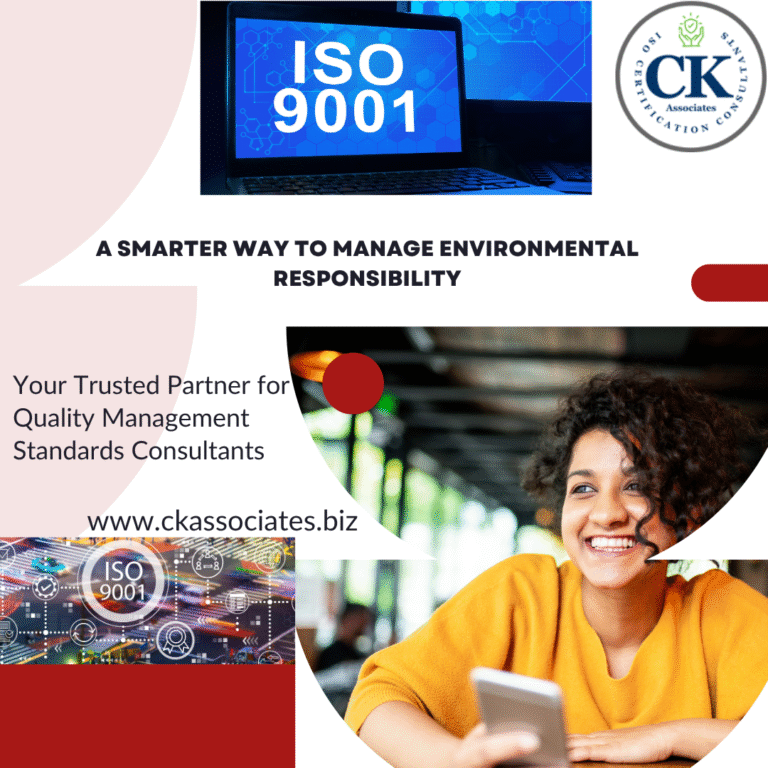🎯 Want your business to deliver consistent quality every single time?
🎯 Want your business to deliver consistent quality every single time? Small businesses in Hyderabad are discovering the game-changing power of ISO 9001! This isn’t just another certificate – it’s your blueprint for operational excellence…

